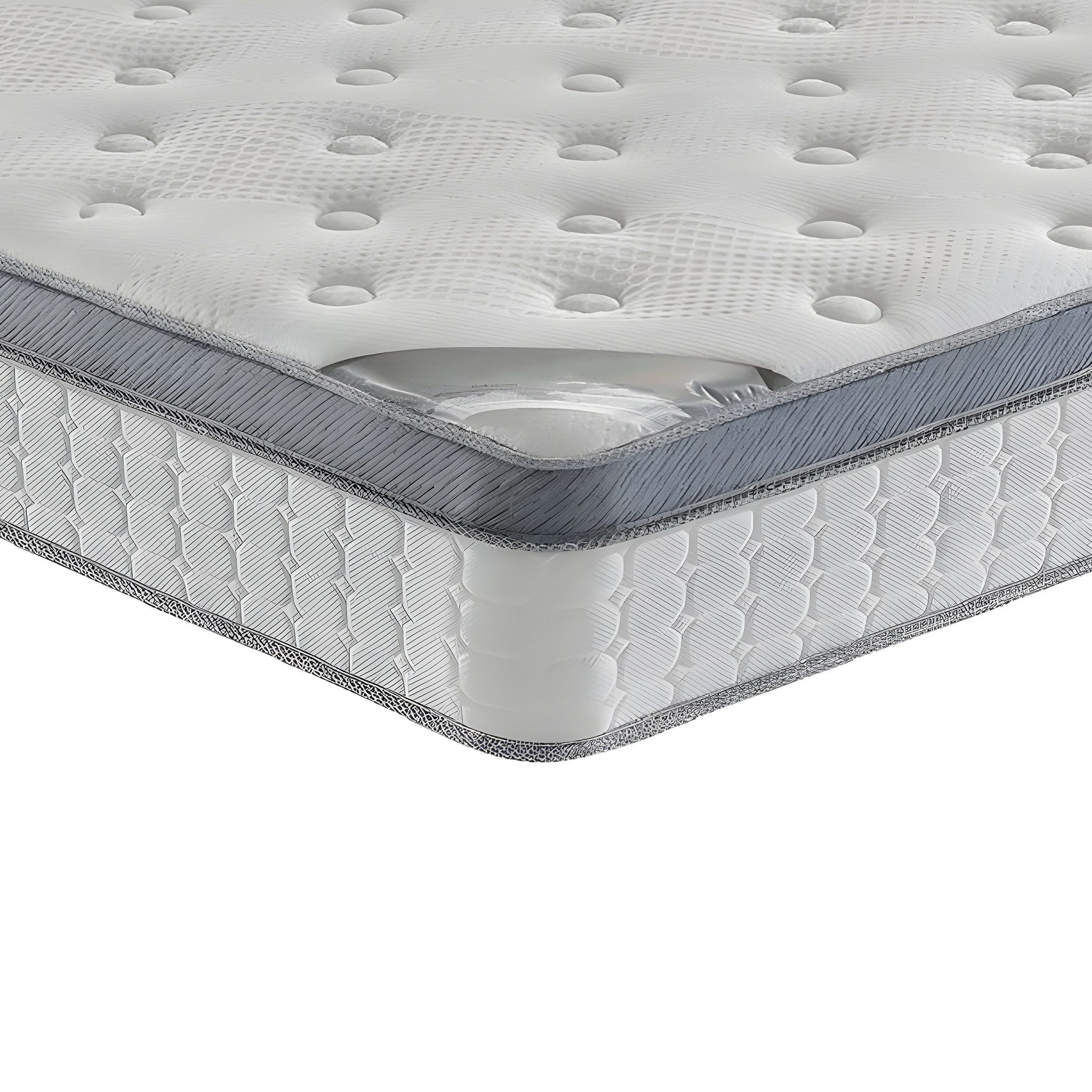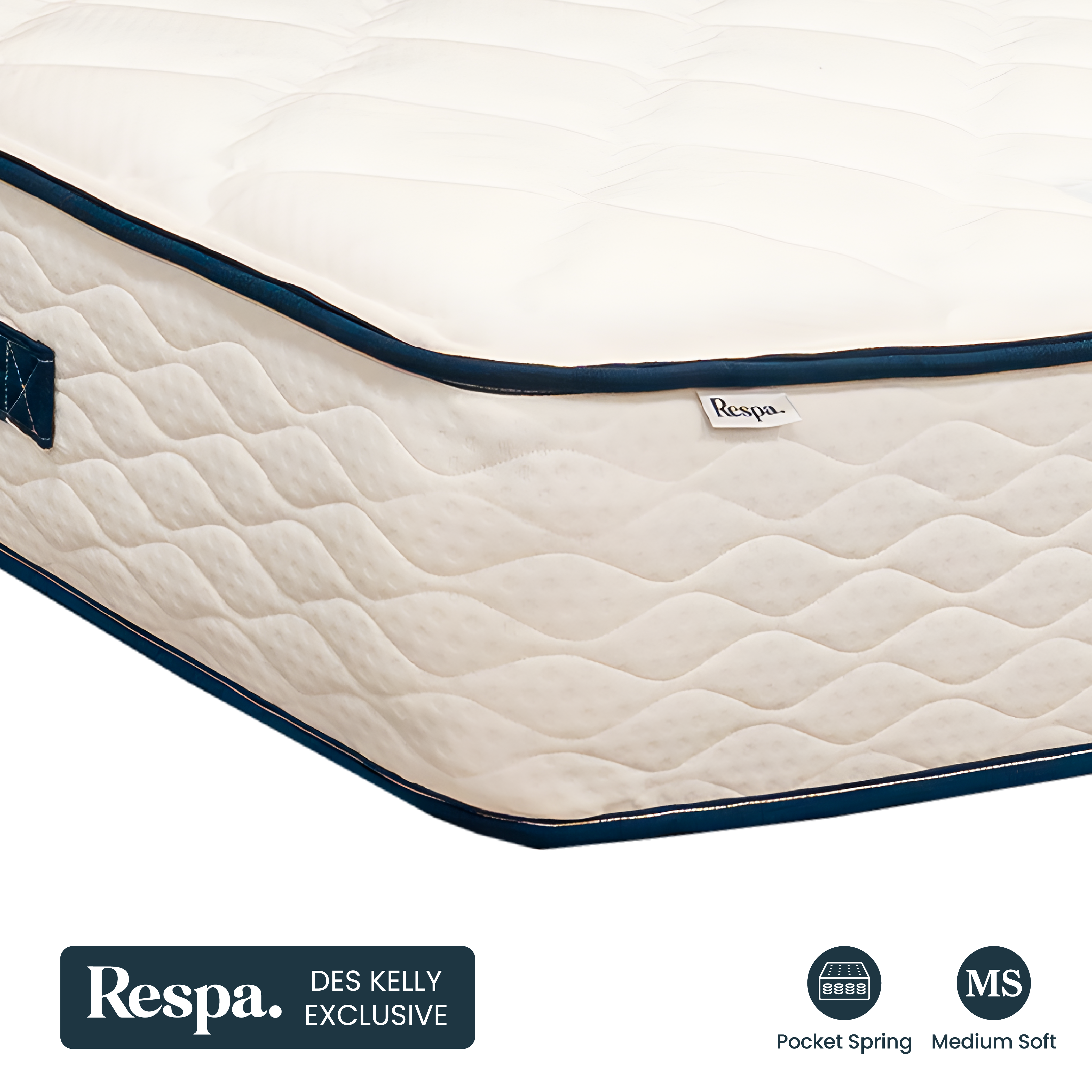10 Proven Tips to Improve Your Sleep
Sleep is not just a luxury; it's a necessity. Quality sleep enhances our cognitive functions, mood, and overall health. However, in today's fast-paced world, getting a restful night's sleep has become a challenge for many. If you're looking for ways to improve your slumber, here are 10 proven tips that can transform your sleep quality, including how selecting the right bed can make a significant difference.
1. Establish a Regular Sleep Schedule
Consistency is key when it comes to sleep. Going to bed and waking up at the same time every day, even on weekends, helps regulate your body's internal clock and improves the quality of your sleep. This consistency aids in enhancing REM and deep sleep cycles, essential for cognitive functions and physical health.
2. Create a Restful Environment
Your bedroom should be a sanctuary for sleep. Consider factors such as temperature, noise, and light. A cool, dark, and quiet room can significantly impact your sleep quality. Invest in good-quality blackout curtains and consider using white noise machines if you're sensitive to sound.

3. Invest in Quality Sleep Surfaces
Your bed plays a pivotal role in how well you sleep. Investing in a high-quality mattress that supports your body type and sleeping style can transform your sleep experience. Additionally, consider a mattress topper for extra comfort and support. Remember, a comfortable bed is not just a luxury, but an investment in your health.
4. Limit Screen Time Before Bed
The blue light emitted by screens on phones, computers, and televisions can interfere with your ability to fall asleep. Try to limit screen time at least an hour before bed, giving your mind a chance to unwind and prepare for sleep.
5. Mind Your Diet
What and when you eat can significantly affect your sleep. Avoid heavy or large meals within a couple of hours of bedtime. Caffeine and alcohol can also disrupt sleep, so limit consumption later in the day.

6. Exercise Regularly
Regular physical activity can help you fall asleep faster and enjoy deeper sleep. However, timing is essential; exercising too close to bedtime can leave you too energized to fall asleep.
7. Establish a Pre-sleep Routine
Developing a pre-sleep ritual can signal your body it's time to wind down. Whether it's taking a warm bath, reading a book, or practising relaxation exercises, find what works for you and make it a nightly habit.

8. Be Mindful of Naps
While naps can be a great way to catch up on missed sleep, timing and duration are crucial. Long naps can interfere with nocturnal sleep. If you need to nap, aim for short, 20-minute sessions earlier in the day.
9. Manage Stress
Stress and sleep do not mix well. Techniques like meditation, deep breathing exercises, and writing down your worries can help manage stress levels and improve sleep hygiene.

10. Reduce Caffeine Intake
Caffeine is a stimulant and should be avoided in the hours before sleep. Caffeine can be found in tea, coffee, cola, energy drinks, and even chocolate. So, if you are fond of a cup before bed make sure it is the decaffeinated variety. It is advised people do not drink any caffeine after 3 pm.


















